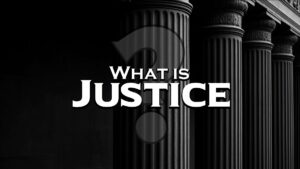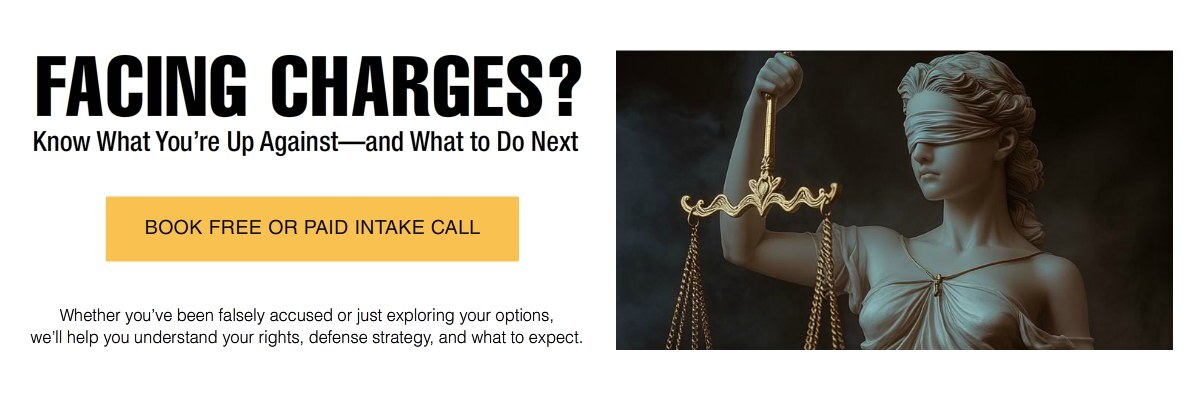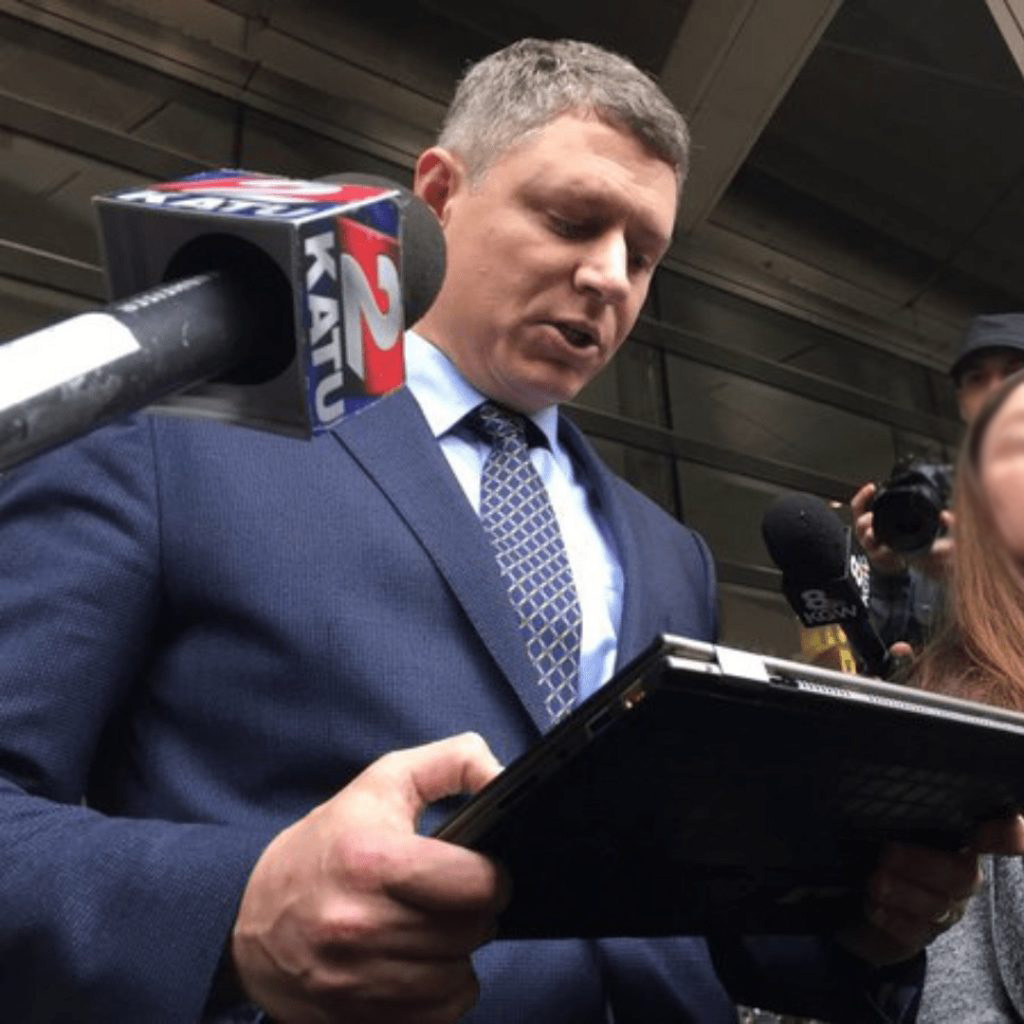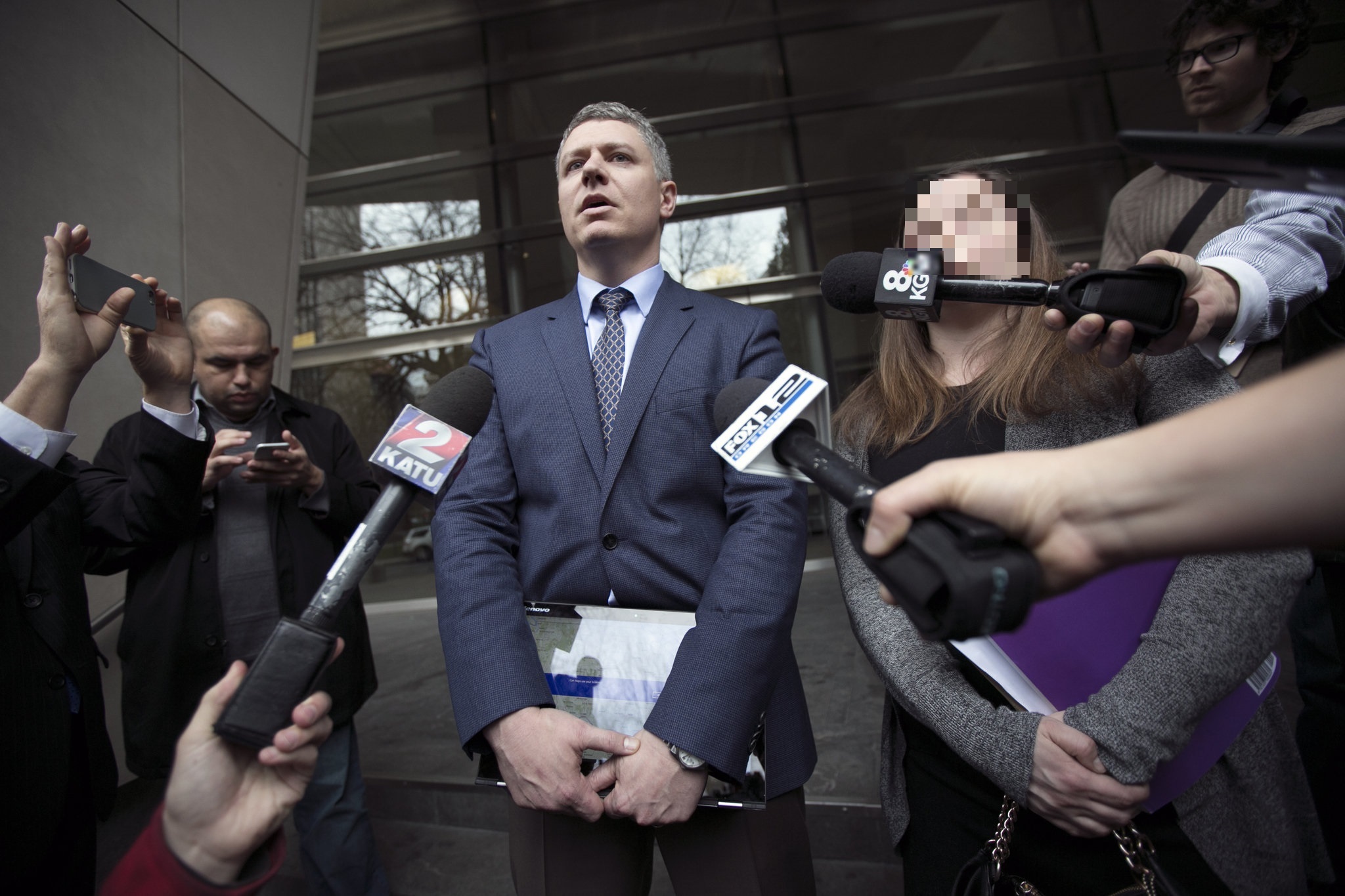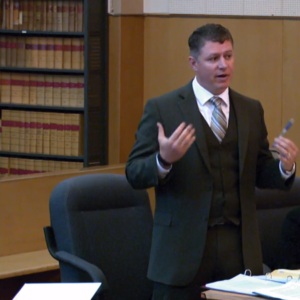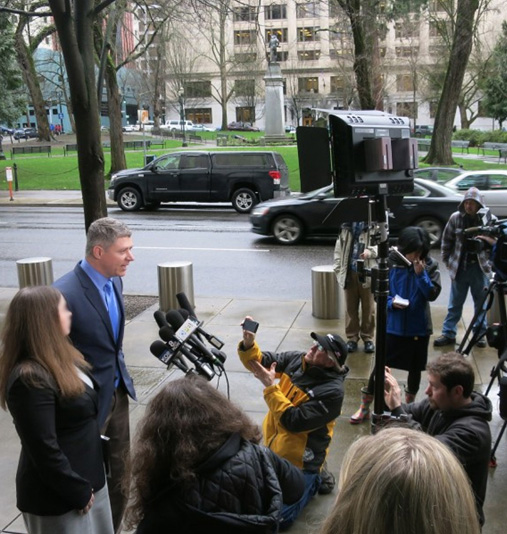What is Justice?
Aug 18, 2025 Legal Theory and PhilosophyWhat Is Justice?
Justice. Everyone talks about it. Few define it. And fewer still ask what it really means in practice.
Watch What is Justice? on YouTube – (8 min)
In the legal world, justice isn’t about feel-good slogans or political grandstanding. It’s about giving each person what they are due. Not more. Not less. Justice isn’t a handout or a favor—it’s a system where people are treated with fairness and dignity, where the facts matter more than emotions, bias, or public pressure.
In other words, justice means a process that doesn’t favor the rich, the loud, or the well-connected. It means a level playing field. It’s not about punishing people because they make us uncomfortable or about redistributing outcomes until everyone feels satisfied. That kind of thinking may sound fair at first, but it misses the point. Justice isn’t about feelings. It’s about rights.
When you step into a courtroom, the goal is simple: determine the truth and do what’s fair based on the law and the evidence. But getting there is anything but simple. The legal system has guardrails—like the rules of evidence, due process, and a neutral fact-finder—to ensure those decisions are made without prejudice. Without those protections, a courtroom turns into a popularity contest or a punishment theater.
Take hearsay, for example. Someone shows up to court with a note saying you did something terrible. But the person who wrote it isn’t there to testify, to answer questions, to be challenged. Is that fair? No. That’s why hearsay generally isn’t allowed. Because justice demands that both sides have a fair chance to challenge what’s being said.
And that principle goes deeper. Is it fair to bring up someone’s past mistakes in a case that’s about something else? Maybe. But only if it reveals something relevant—a pattern, a motive, a specific intent. Not just to paint someone as a bad person. Because justice isn’t about character assassination. It’s about facts and context.
Justice also depends on the fact-finder—the judge or jury—being truly neutral. They must come in without preconceived notions, willing to listen, open to being persuaded by the evidence. That’s why voir dire exists: to find jurors who can honestly set aside their biases. Not robots, but humans who know themselves well enough to recognize their blind spots.
And even with all that in place, the system still isn’t perfect. Sometimes judges are impatient. Sometimes decisions are rushed. Sometimes the power dynamics in a courtroom skew toward one side. But justice means we keep striving. We appeal. We challenge. We work to correct mistakes.
Because the alternative is terrifying. In countries where the justice system has failed, people settle disputes in the streets. Corruption runs rampant. The powerful exploit the powerless. People live in fear, knowing that fairness isn’t even on the table.
In America, we’re not there—yet. We have flaws, yes. But we also have structure. Rights. Appeals. A culture that, at its best, values due process and truth. That’s the soul of justice.
So what is justice? It’s not perfection. It’s not convenience. It’s a process. One that respects human dignity, prioritizes facts, and strives for fairness, even when it’s messy or slow. Justice means getting what you are due—no more, no less. And in a free society, that idea is worth fighting for.








